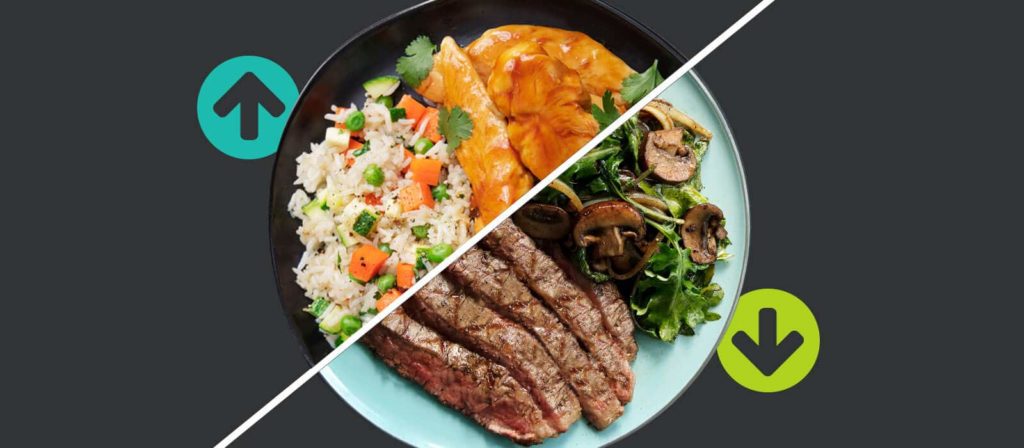Looking for simple ways to improve your quality of life? We have 5 great strategies you can start tonight that will start making a difference sooner than you think!

Learn New Skills To Keep the Mind Sharp

Staying mentally sharp falls into the “use itor lose it” category. Brains benefit from challenges.
As we get older, it’s common not to take on new activities. This is a big mistake! Skills can vary and be different, but the key is to find tasks that require focus to master. Learn a new language or pick up a bow for the first time and go to an archery range-it could be anything that interests you. Performing new exercises at the gym will also work very well. A new exercise challenges the central nervous system since the muscles will be firing in a different pattern than exercises that you may be used to. Research shows that older adults with normal brain aging can learn just as well as younger adults, and it’s possible to increase brain cell connections regardless of age.

Get 8 Hours of Quality Sleep

In the world we live in people are busier and more stressed than any other time in history. Studies show that 60% of people get less than 7 hours of sleep per night. When it comes to anti-aging, sleep deprivation lowers testosterone and growth hormone, which play important roles in repairing the body. What’s more, poor sleep is linked to increased inflammation in the body – which can lead to cellular aging – and an increase in the levels of insulin and cortisol, both of which lead to increased fat storage and insulin resistance.

Lift Weights to Increase Muscle Mass

After the age of 30, Men and Women start losing muscle mass at the rate of 1-2% per year. Not too scary until you realize that by 50 years old you may be carrying 40% less muscle mass! Almost every anti-aging study ever done shows that you improve your chances of living longer by increasing muscle mass. The best way to prevent atrophy or add muscle to your frame is by performing strength training exercises that target multiple large muscle groups. For most people, 3-4 sessions of 45 minutes each week is optimal.

Reduce Sugar to Help Prevent Heart Disease, Stroke and Diabetes

In the study, which was published in Open Heart, researchers reviewed both epidemiological and experimental evidence regarding the roles of processed foods in hypertension. It’s been commonly assumed that salt is the culprit that made consumption of these foods correlate with hypertension, but the researchers found evidence that it is the added sugar in these foods that contributes to hypertension risk. The study states, “Added sugars, particularly fructose, may increase blood pressure and blood pressure variability, increase heart rate and myocardial oxygen demand. This contributes to inflammation, insulin resistance and broader metabolic dysfunction.

Don’t Neglect Gut Health

According to World Renowned Cardiologist, Mark Houston- “ A bad gut equals a bad heart”. Food quality has certainly changed over the years and our consumption of “live” or fermented foods has significantly decreased. “Live” foods such as sauerkraut, yogurt and raw cheeses help support digestion and immune function.






